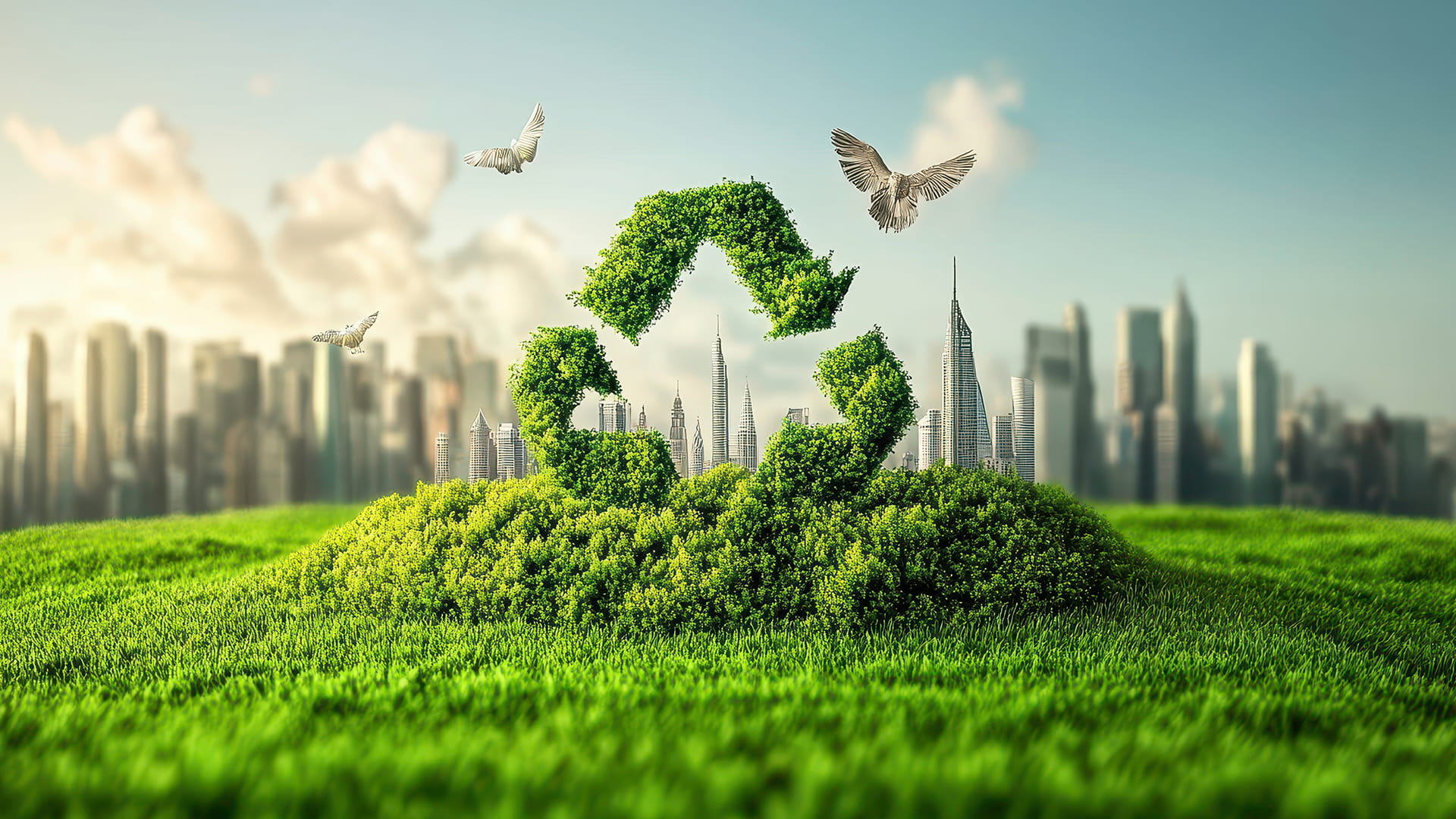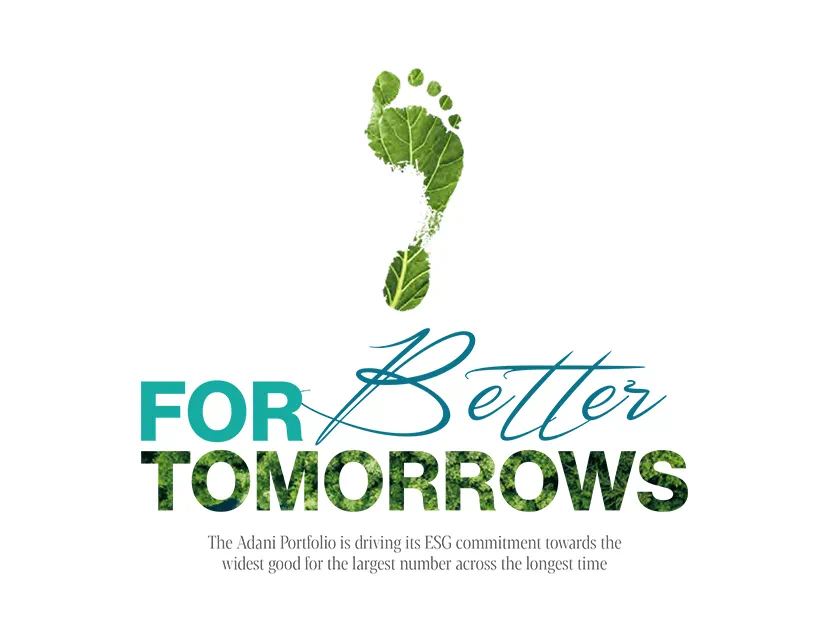We (energy, infrastructure, resources, logistics, and others) have taken important steps towards creating circular economies. The circular economy is about reducing waste and making the most of given resources, minimising environmental impact, and enhancing economic value. Some initiatives that highlight our commitment to a circular economy include:
Waste reduction and recycling
We are implementing advanced waste reduction and recycling techniques across business verticals, reducing the strain on natural resources and minimizing waste dispatched to landfills.
Sustainable energy
We are a major renewable energy player, with a focus on solar and wind power. By investing in clean energy sources, we are reducing its carbon footprint and contributing to a more sustainable energy landscape.
Green transportation
We are committed to enhancing the efficiency of its logistics and transportation operations, investing in electric and alternative fuel vehicles to reduce emissions and fuel consumption.
Resource optimization
We aim to maximise resource use across operations, whether in the mining of natural resources or in the development of infrastructure projects.
Innovation and technology
We are exploring innovative technologies and processes to catalyse the circular economy, researching ways to increase the lifespan of products, designing for enhanced durability, while developing new methods to recover and reuse materials.
Stakeholder engagement
We recognise that a circular economy is not just about internal practices; it is also about engaging with partners, suppliers, and customers to create a holistic and sustainable circular economies as part of our project and investment design.
Community and social responsibility
We emphasise community engagement through social responsibility initiatives that create a positive impact on the well-being and livelihoods of local communities.


